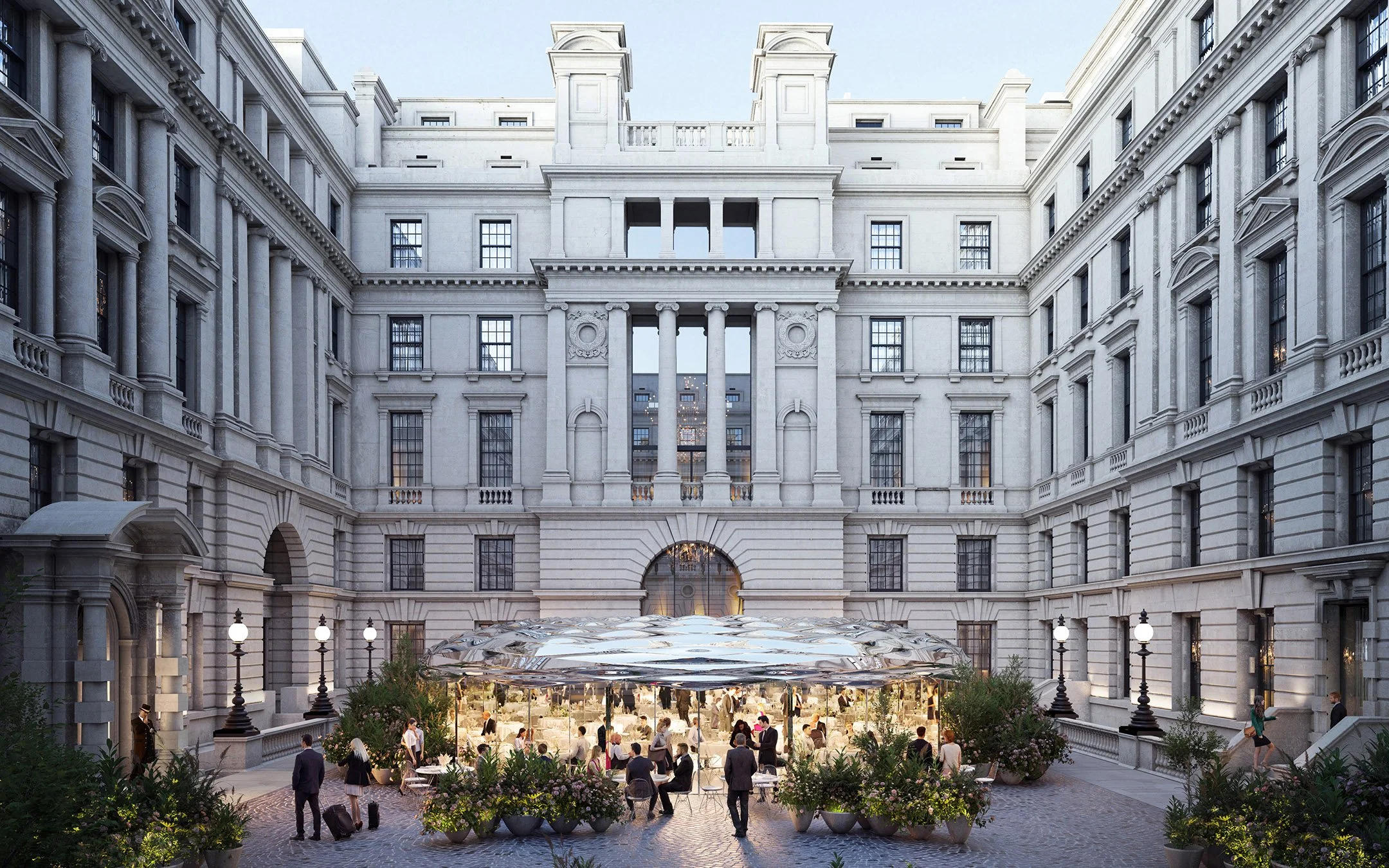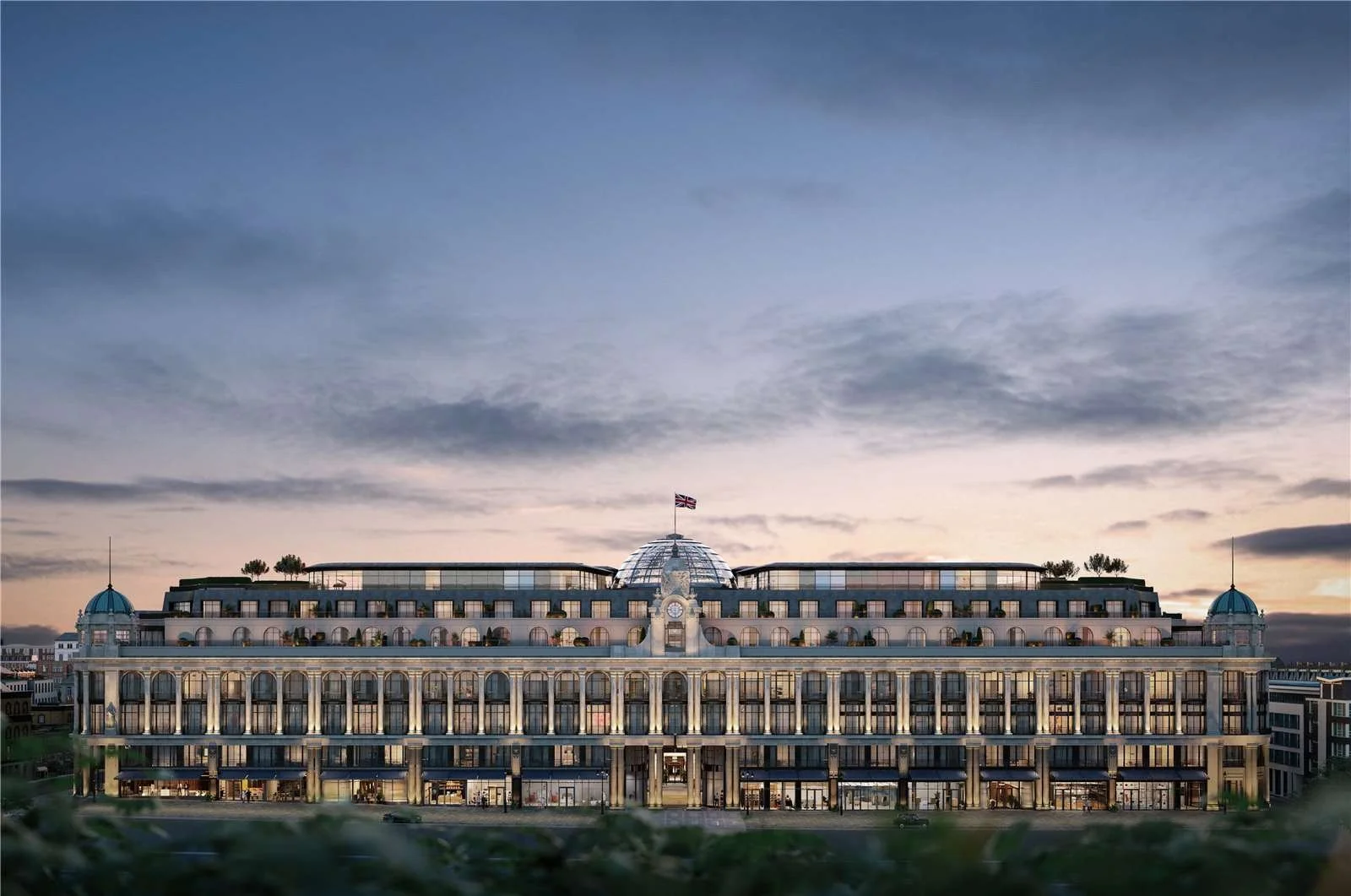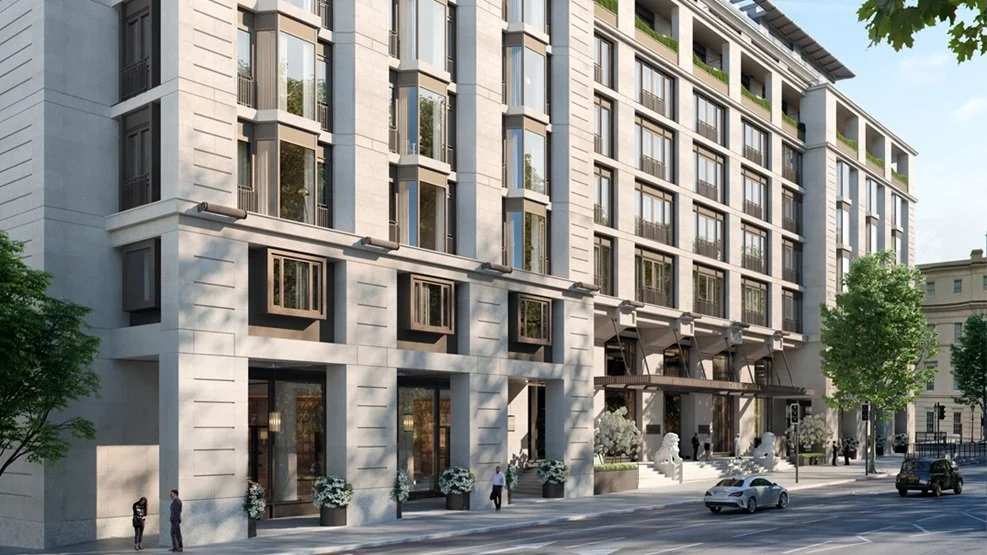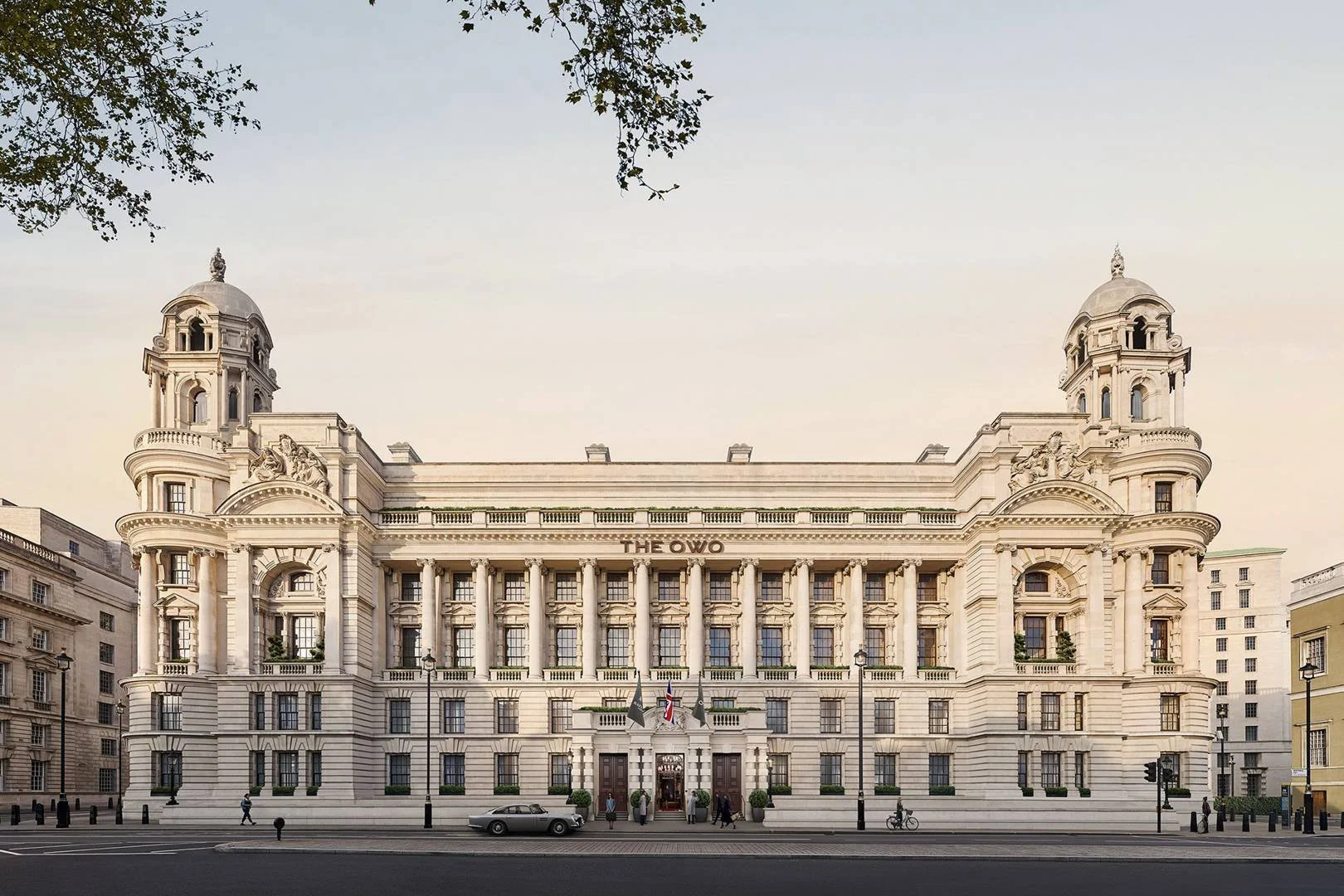London's Hospitality Renaissance: Exploring New Developments in the Hospitality Sector
https://theowo.london/
In the ever-evolving world of hospitality, the concept of restaurant interior design has emerged as a vital component in London's hospitality renaissance. From cosy neighbourhood cafes to extravagant five-star hotels, establishments across the city are revolutionising their spaces to offer unique and captivating experiences to their patrons. The restaurant interior design scene in London has witnessed a remarkable transformation over the years, reflecting the city's dynamic spirit and global influence.
Today, interior design has become a powerful tool for establishments to express their brand identity, create a memorable ambiance, and enhance the overall dining experience. From sleek and contemporary designs to classic and elegant aesthetics, London's restaurants have embraced a variety of styles to cater to a wide range of tastes.
Establishments are placing increasing emphasis on creating spaces that are not only visually stunning but also functional, sustainable, and technologically advanced. The fusion of creativity, functionality, and sustainability in restaurant interiors is instrumental in attracting and retaining customers in the highly competitive hospitality landscape.
The developments in restaurant interior design also encompass considerations of comfort, ergonomics, acoustics, and flow of movement within the restaurant. Design elements such as lighting, furniture selection, colour schemes, and artwork are carefully curated to create a cohesive and immersive experience for diners.
How has London's hospitality sector evolved over the years?
One notable change in London's hospitality sector is the shift in culinary offerings. The city, once known primarily for traditional British cuisine, has undergone a culinary revolution. London now offers a wide range of international cuisines, from Michelin-starred fine dining restaurants to street food markets, catering to diverse tastes.
Another evolution is the rise of boutique hotels. These personalised accommodations have become increasingly popular, offering guests an intimate and immersive experience. Boutique hotels in London focus on individualised service, stylish design, and attention to detail.
Technology has also transformed London's hospitality sector. Online booking platforms and contactless payments have enhanced the guest experience. Hotels and restaurants use innovative solutions like mobile apps for seamless check-ins, personalised recommendations, and digital menus, making the experience more convenient.
Sustainability is another focus in London's hospitality sector. Hotels and restaurants have implemented eco-friendly practices, such as reducing food waste, promoting locally sourced ingredients, and implementing energy-saving measures. The sector aims to minimise its impact on the environment and contribute towards a greener future.
What role does innovation play in shaping the future of hospitality in london?
Innovation in London's hospitality sector is crucial for staying ahead and meeting the evolving demands of discerning clientele. Technology is playing a key role, with establishments leveraging online platforms and mobile apps to provide seamless experiences. Sustainability is also a focus, with eco-friendly practices and sustainable design becoming prevalent.
Experiential hospitality is on the rise, with immersive experiences and unique concepts attracting visitors and locals alike. Design and aesthetics are also key areas of innovation, creating visually stunning spaces. Collaboration and partnerships further enhance the authenticity and local flavour of hospitality experiences.
Examples of the latest developments in London
London's hospitality scene is spearheading the latest developments in the industry, combining innovative design concepts with a commitment to providing exceptional experiences for guests. Three notable examples of these developments are Whiteleys, The Peninsula Hotel, and the Old War Office, each showcasing unique approaches to design and hospitality.
Whiteleys
https://search.savills.com/
Whiteleys, located in the iconic Whiteleys department store in Bayswater, has undergone a remarkable transformation. The restoration of this historic building has resulted in a stunning blend of architectural grandeur and contemporary design. The rejuvenated Whiteleys offer a captivating space that seamlessly fuses elements of the past with modern elegance. From the use of exposed brick and original features to sleek and minimalist furnishings, this renovation is a testament to the combination of heritage and forward-thinking design.
The Peninsula Hotel
https://boutiquehotelnews.com/
The Peninsula Hotel in Belgravia is another remarkable development that exemplifies the intersection of design and luxury. This prestigious 5-star hotel has reimagined its interiors with a meticulous attention to detail, resulting in a seamless fusion of timeless elegance and contemporary sophistication. The Peninsula Hotel features opulent decor, high-end finishes, and innovative technology that enhances the guest experience. The design exudes an air of refined luxury, making it one of London's most sought-after destinations for discerning travellers.
The Old War Office
https://1508london.com/
The Old War Office project takes a different approach, transforming a historic building into a luxurious mixed-use development. Located in the heart of Westminster, the Old War Office combines a luxury hotel, private residences, and a variety of amenities. The redevelopment preserves the building's iconic exterior while incorporating modern design elements that enhance its functionality and appeal. The project showcases a harmonious blend of historical significance and contemporary vision, creating an immersive and visually captivating experience for guests and residents alike.
Conclusion
In all three examples, the latest developments in London's hospitality sector demonstrate a commitment to combining innovative design thinking with a focus on delivering exceptional guest experiences. From the restoration of heritage buildings to the integration of cutting-edge technology, these projects showcase the city's ability to adapt, innovate, and redefine the boundaries of hospitality design. These developments not only elevate the aesthetic appeal of the establishments but also create atmospheres that inspire and delight guests, contributing to the overall vibrancy and allure of London's hospitality sector.
If you're in search of specialised guidance on hospitality interior design or planning to initiate a professional interior design venture, get in touch with SP3 London. We excel in providing top-notch design services for both residential and hospitality environments.





